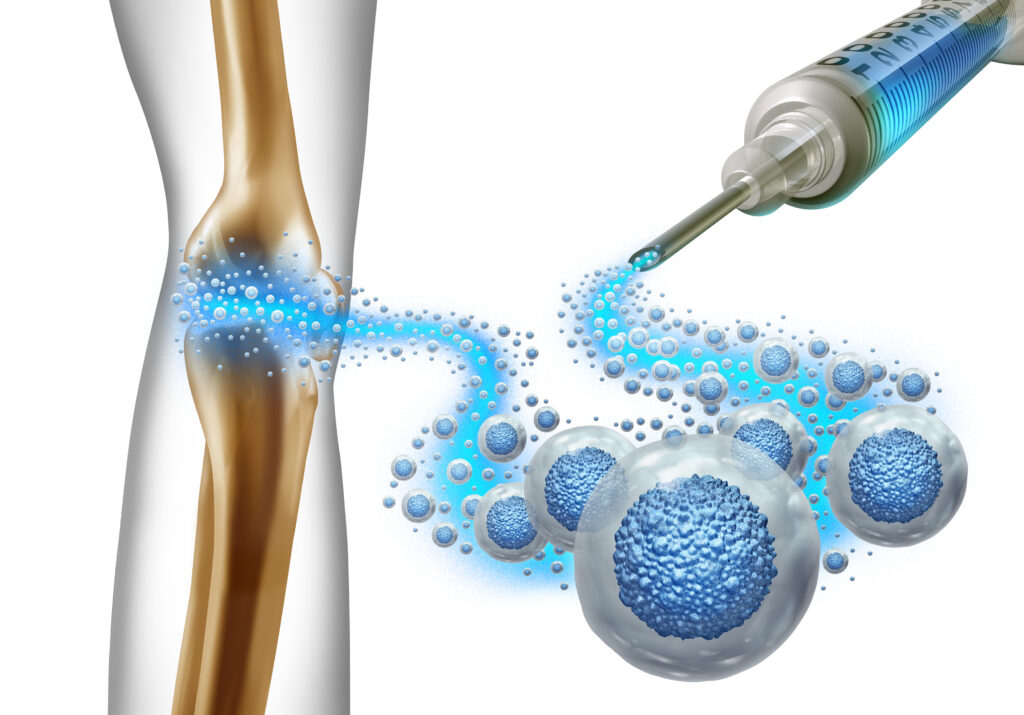In the realm of regenerative medicine, the potential of mesenchymal stem cells (MSCs) has garnered significant attention, particularly in the field of orthopedics. A recent study published in a scientific journal delves into the analysis of cartilage regeneration and clinical outcomes following the implantation of human umbilical cord blood-derived mesenchymal stem cells (hUCB-MSCs). The study specifically focuses on the distribution and location of medial femoral condyle (MFC) cartilage defects, a common issue that affects numerous individuals suffering from knee osteoarthritis and other joint disorders.
The research team, led by Se-Han Jung and including notable co-authors such as Hong Seon Lee, Min Jung, Kwangho Chung, Sungjun Kim, Jeehoon Choi, Chong-Hyuk Choi, and Sung-Hwan Kim, conducted a thorough investigation into how hUCB-MSCs can promote cartilage regeneration. The study’s aim was to assess not only the regenerative capabilities of these stem cells but also the clinical outcomes associated with their use in patients with MFC cartilage defects.
The significance of this research lies in its potential to improve treatment options for individuals suffering from cartilage damage. Current treatments often fall short of providing long-term relief or complete restoration of cartilage function. By examining the application of hUCB-MSCs, the authors hope to pave the way for more effective regenerative therapies that can lead to better patient outcomes.
The study is particularly relevant as it addresses a critical gap in the understanding of how the location and distribution of cartilage defects influence the effectiveness of stem cell implantation. This nuanced approach could lead to tailored treatment strategies that optimize the healing process based on the specific characteristics of an individual’s cartilage damage.
As regenerative medicine continues to evolve, the insights gained from this study could have far-reaching implications for clinical practice. By harnessing the power of hUCB-MSCs, clinicians may be able to provide patients with innovative solutions that not only alleviate pain but also restore mobility and function in affected joints.
In conclusion, the research undertaken by Jung and colleagues represents a significant advancement in the field of cartilage regeneration. As we continue to explore the capabilities of stem cells, the findings from this study may contribute to the development of more effective treatments for cartilage defects, ultimately enhancing the quality of life for countless individuals facing joint-related challenges.


